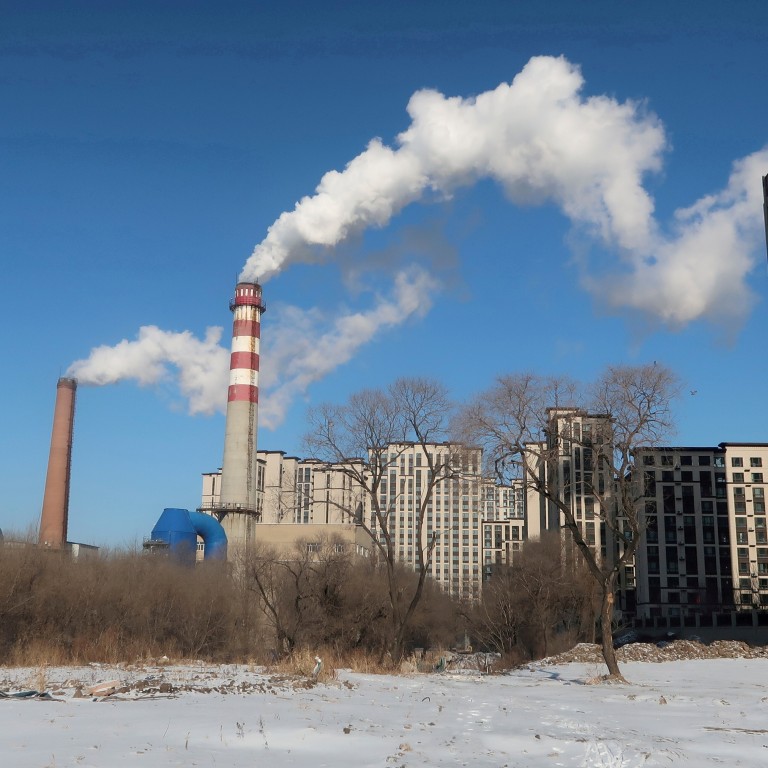
China coal-fired power companies on the verge of bankruptcy petition Beijing to raise electricity prices
- The Beijing Electric Power Industry Association has asked authorities for permission to raise electricity rates as coal prices skyrocket
- Petition follows a letter last month from 11 coal-fired power companies within the Beijing-Tianjin-Tangshan power grid asking for relief
The Beijing Electric Power Industry Association has joined 11 coal-fired power companies in petitioning authorities to raise electricity rates to avoid bankruptcy amid surging coal prices.
But last year, the National Development and Reform Commission, the country’s top economic planning agency, prohibited all rate rises.
The Beijing Electric Power Industry Association said this week it had sent a letter to the Beijing Municipal Commission of Urban Management petitioning for increased rates. Five member companies had incurred losses in the first seven months of the year, ranging from 20 million yuan (US$3.1 million) to 192 million yuan, the association told the South China Morning Post.
The petition echoed a letter sent by 11 coal-fired power companies within the Beijing-Tianjin-Tangshan power grid last month, which said they were losing money and were on the verge of bankruptcy due to steep increases in coal prices.
“It has severely disrupted normal electricity transactions and stable electricity supply … operations are extremely difficult, with some companies experiencing capital chain ruptures,” said the letter, which was also circulated online.
The companies said coal prices rose by 65.3 per cent in July compared to a year ago, and by 56.9 per cent in June, while the benchmark price for electricity in the region set by authorities had dropped this year.
One of the 11 companies, Beijing Jingneng Power, which is listed on the Shanghai Stock Exchange and services the Beijing area, reported a loss of 300 million yuan in the first half of this year compared to profits of 837 million yuan last year.
The companies also asked authorities to allow a portion of electricity rates in the region to be floated – subject to supply and demand – and for established contracts between October and December to be renegotiated at higher electricity prices.
The petition by the Beijing Electric Power Industry Association asked for similar concessions.

06:55
What is China doing about climate change?
On Thursday, thermal coal futures contracts jumped nearly 4 per cent to a historic high of 1,009 yuan a tonne, as supply shortages in China continue to push up prices of the fuel.
To plug the supply gap, which comes amid a ban on Australian coal, China has turned to other exporting countries to help meet demand.
Beijing imposed an unofficial restriction on Australian coal last October, halting imports from one of its biggest suppliers of coking coal used to make steel and thermal coal, which is used to generate electricity.
Between January and July, electricity consumption beat expectations to increase 15.6 per cent compared to the same period last year, the National Energy Administration said.
Dependence on coal-fired power stations for electricity has also been rising as generation capacity at hydroelectricity plants in Southern China fell this year due to lower rainfall.
“This, together with higher residential demand on hot days, pushed peak loads to record high levels for many regional grids in the second quarter of this year, when hydropower, the second largest contributor of power generation in China, was weak due to low water flow. As a result, many places in China saw restrictions on power usage,” Fitch Ratings said in a note late last month.
China’s industrial sector is the main user of electricity, consuming more than a third of total power supply, Fitch added.
The Beijing Municipal Commission of Urban Management has not responded to either petition, or requests to comment by the Post.
Additional reporting by Su-Lin Tan

